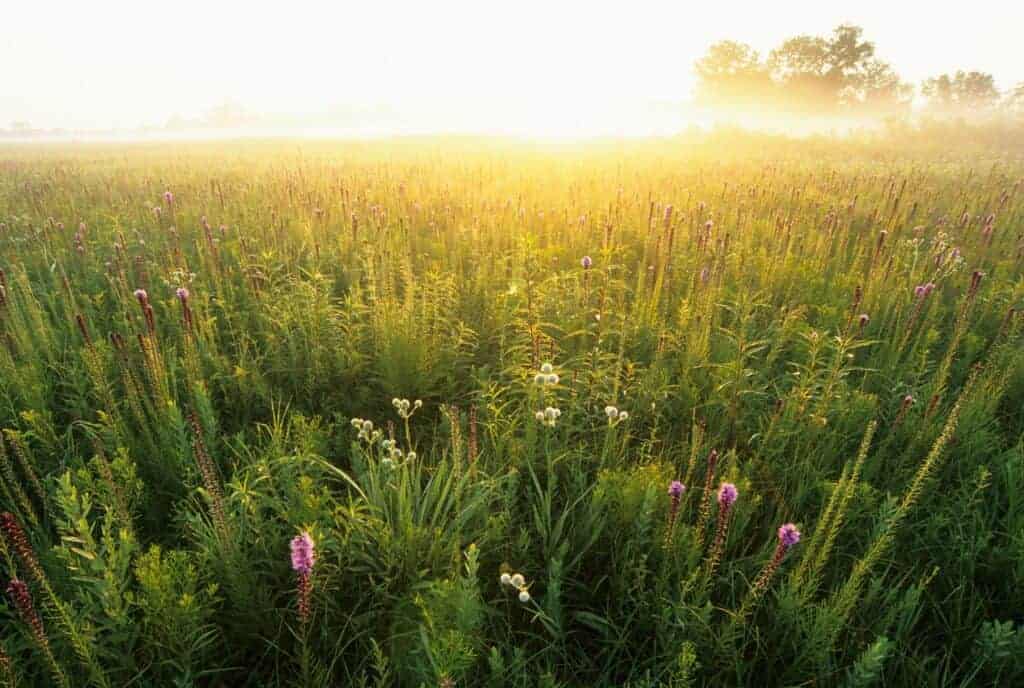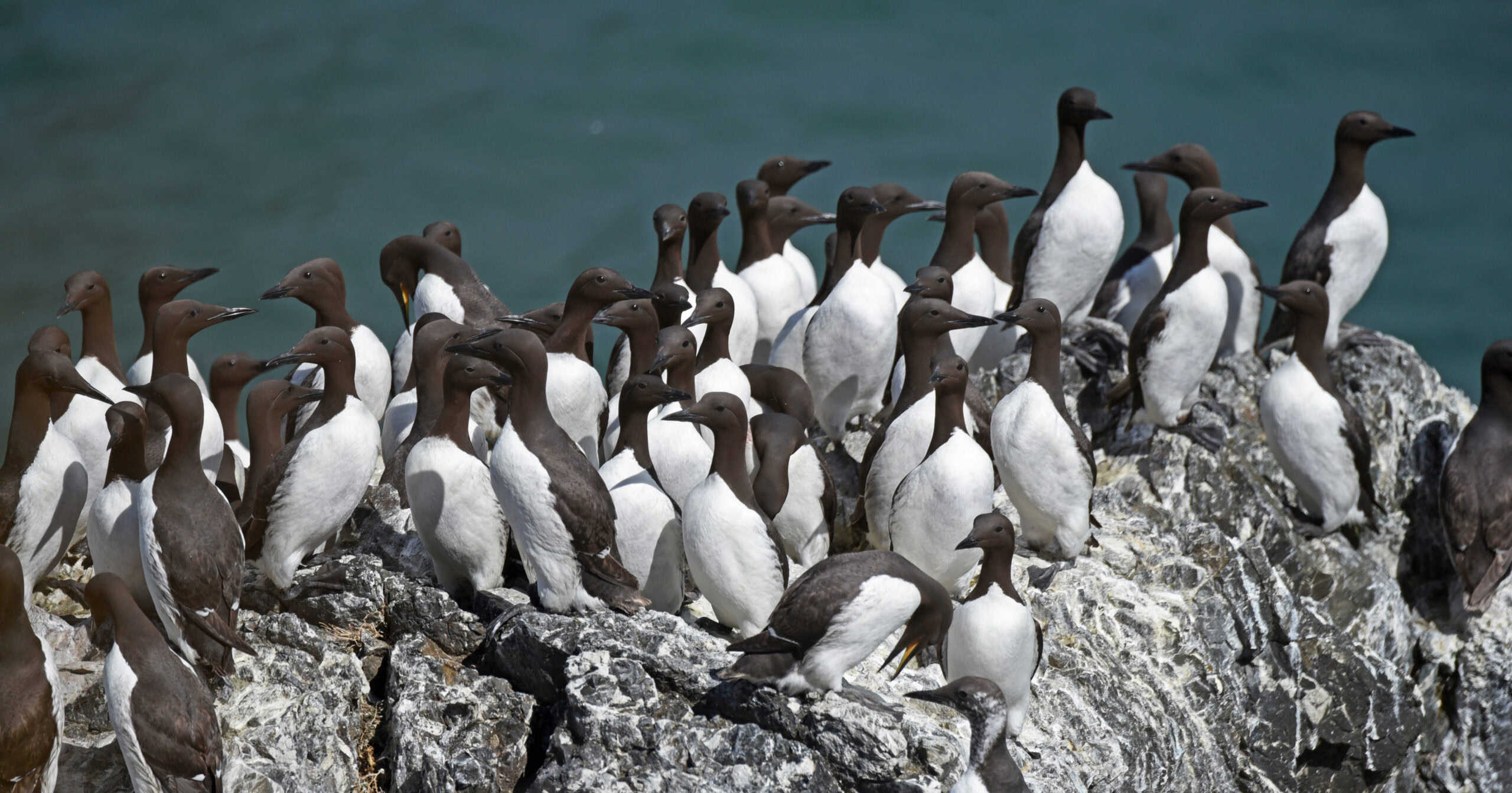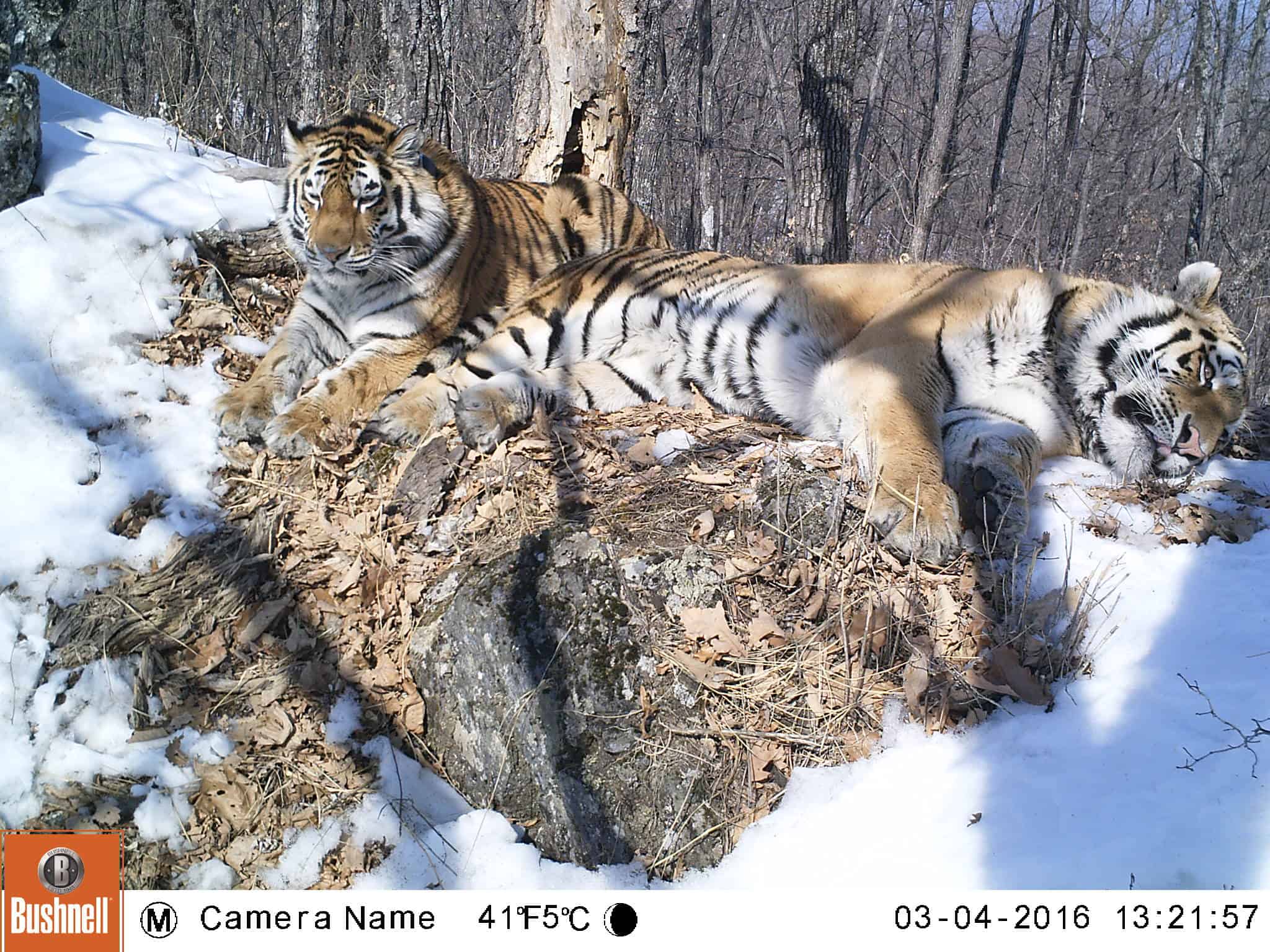Share this article
DOI announces creation of new international conservation council
On Nov. 8, the U.S. Department of the Interior announced that it would be creating an International Wildlife Conservation Council with intent of providing advice on “increasing public awareness domestically regarding the conservation, wildlife law enforcement, and economic benefits that result from U.S. citizens traveling to foreign nations to engage in hunting.” According to DOI, the Council will develop a plan for public engagement and education on the benefits of international hunting and review and make changes to federal programs and regulations to ensure the support of hunting as an effective tool to combat illegal trafficking and poaching and as an enhancement to foreign wildlife conservation and survival. The Council will also review the Endangered Species Act’s listed species and interaction with the Convention on International Trade in Endangered Species of Wild Flora and Fauna (CITES) to make recommendations on eliminating regulatory duplications. It will also recommend the removal of barriers for the importation of parts from legally hunted wildlife into the United States.
Proponents of international hunting often point out the massive taxes and fees associated with the practice are designed to go back to local communities and help pay for larger conservation efforts. They argue that the elaborate big-game hunts, which can cost tens of thousands of dollars, can help economically poorer countries maintain robust conservation efforts and support local communities. When keeping wild animals nearby has economic benefits to communities and residents, they are less likely to kill the animals that they may consider a nuisance or a danger. Many international conservation groups such as the World Wildlife Fund and the International Union for the Conservation of Nature agree that well-managed hunting can provide revenue and incentives for people to conserve and restore wild populations, maintain land for conservation, and protect wildlife from poaching.
However, there has been growing concern that not all of these practices are well-managed and therefore may contribute to declining populations. Recent reports and studies have shown that a lack of good governance and corruption have led to hunting fees not being used for conservation efforts and/or reaching local communities.
In the press release announcing the Council, Secretary of the Interior Ryan Zinke spoke about the role of hunters and anglers in the North American Model of Wildlife Conservation, which is a unique form of conservation based on the historic organization of sportsmen for the conservation of wilderness areas and wildlife. The Council will provide insight into how American sportsmen and women benefit international conservation.
The DOI has invited comments regarding the establishment of the Council, which may be submitted by Nov. 24, 2017. They are also soliciting nominations for people to sit on the Council, which may submitted until Dec. 8, 2107. For more information on how to submit comments or recommendations see the official notice.
Read TWS’s Standing Position on Hunting and Technical Review on the North American Model of Wildlife Conservation
Header Image: ©Roman Boed








